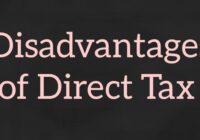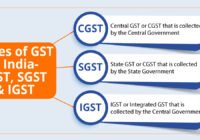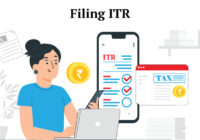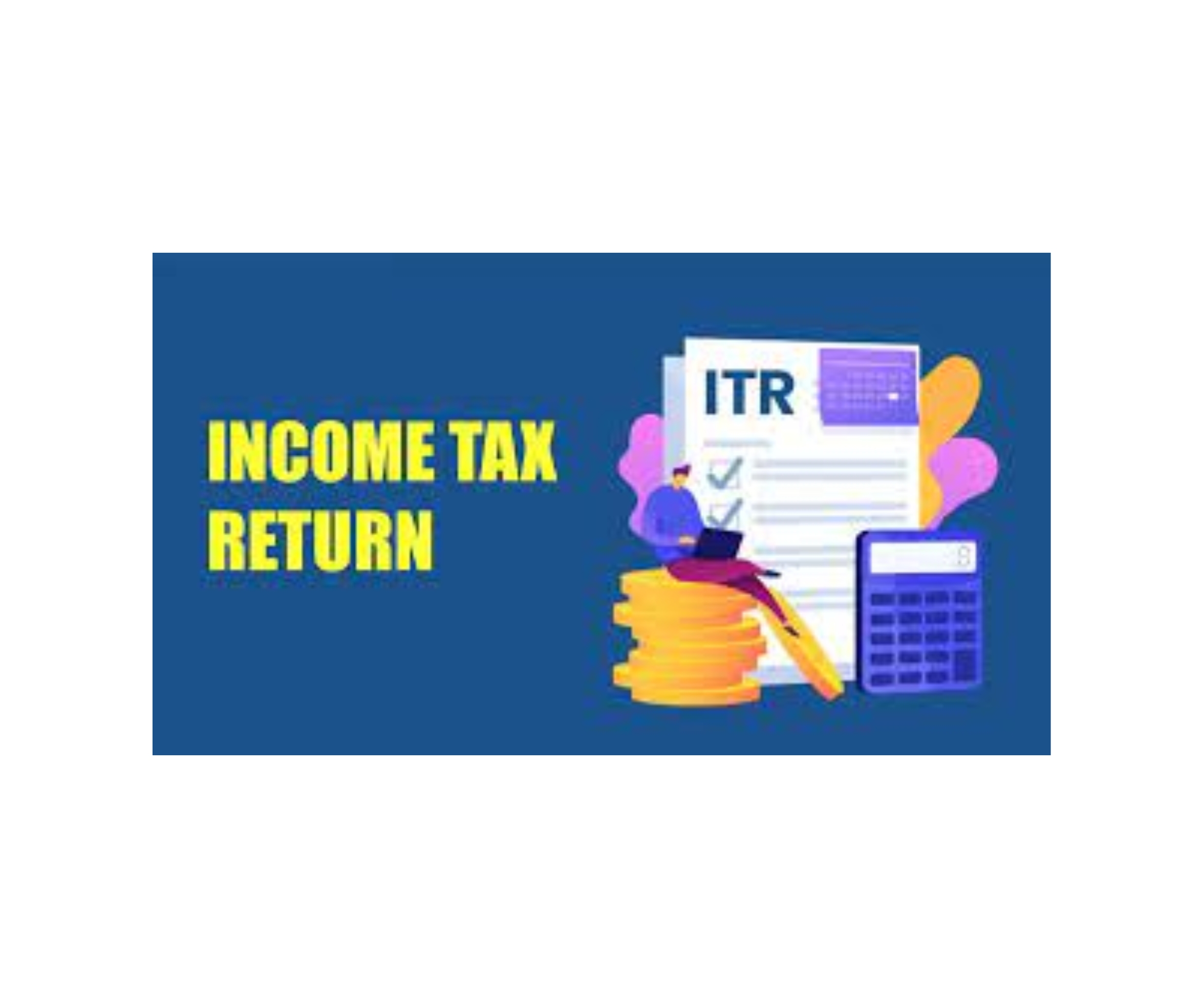Tax Deductions
💥Unlock Massive Savings: The Truth About Tax Deductions You Can’t Afford to Miss! 🎯 Tax Deduction The reader wants to understand what tax deductions are, how they work, how to apply them, and whether they are beneficial or risky for personal or business finances. This guide aims to break it all down — in a… Read More »









